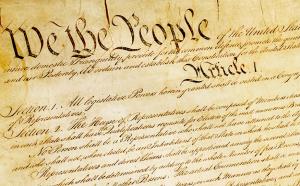Can EPA’s Clean Power Plan Pass Muster?
Ken Silverstein is editor-in-chief of Public Utilities Fortnightly. Contact him at ksilverstein@fortnightly.com.
Constitutional scholars are at odds on whether the White House plan to reduce heat-trapping emissions is constitutional, with the debate now pairing off members of Harvard's famed law school. The Clean Power Plan is, of course, President Obama's tool to achieve 30 percent cuts in greenhouse gas emissions by 2030.

Harvard Law Professor Laurence Tribe set off a firestorm when he testified before Congress that the proposed EPA regulation would not pass legal muster. His framework is replete with legalese, emphasizing that government cannot "take" private property from industry under the Fifth and Tenth Amendments to the U.S. Constitution. While the plan purports to provide flexibility to the states, he said that it essentially usurps their rights, thereby forcing the retirement of up to 49 gigawatts of coal-fired capacity.
"EPA possesses only the authority granted to it by Congress," says Professor Tribe, who testified in March. "It lacks 'implied' or 'inherent' powers. Its gambit here raises serious questions under the [doctrine of] separation of powers ...."
Tribe, a self-avowed environmentalist who taught the young President Obama during the latter's law school days, did not mince words:
"The absence of EPA legal authority in this case makes the Clean Power Plan, quite literally, a 'power grab.'"

